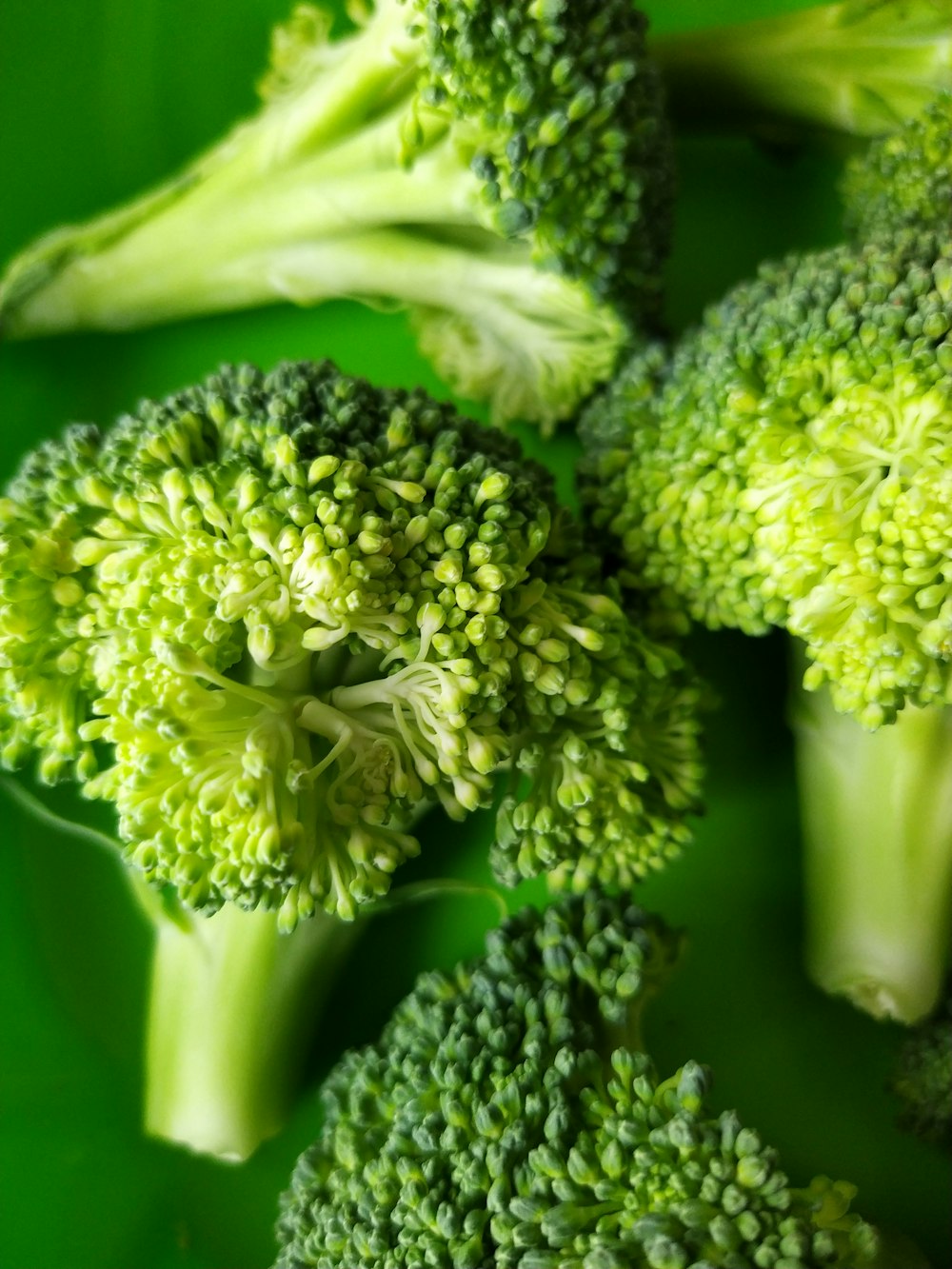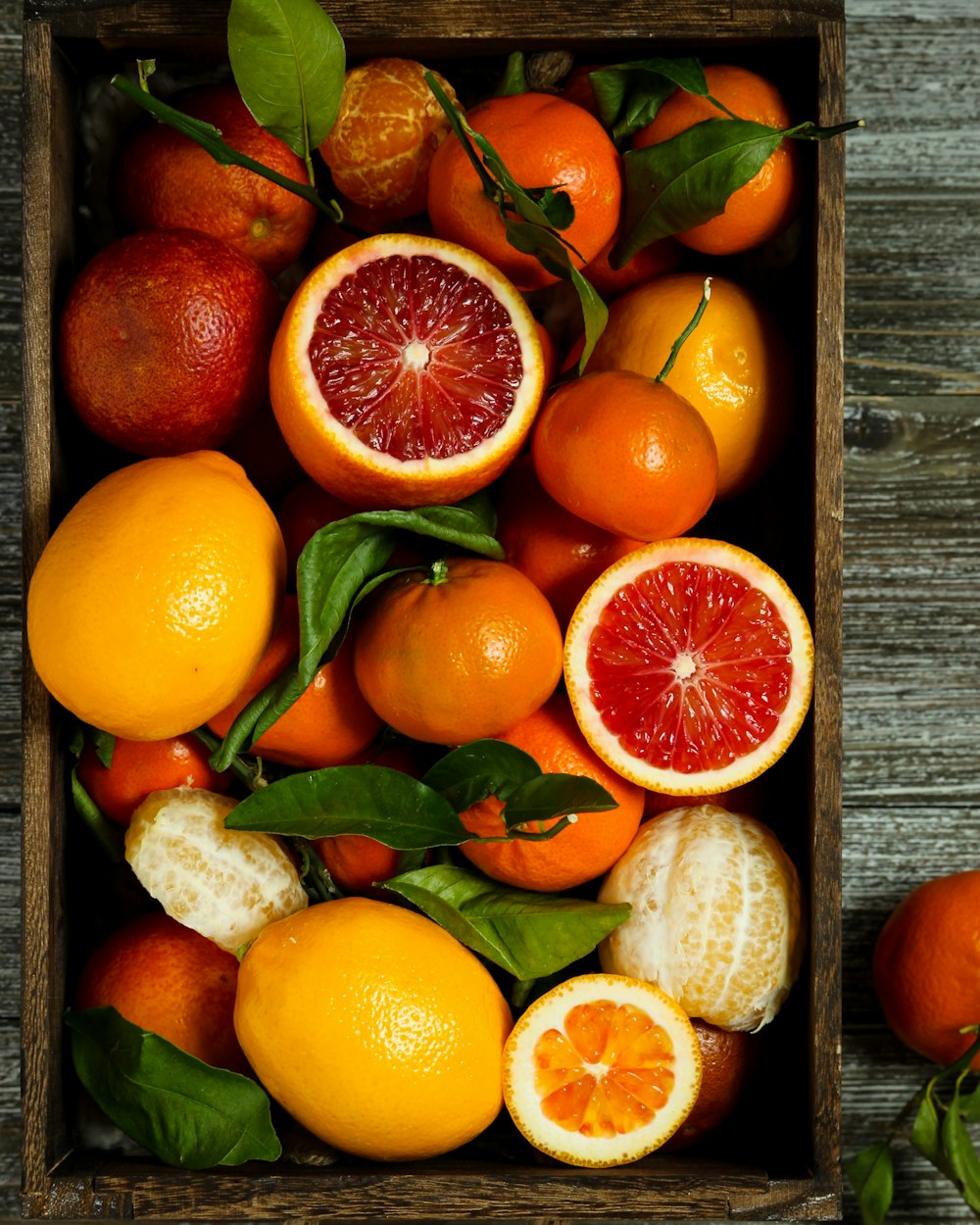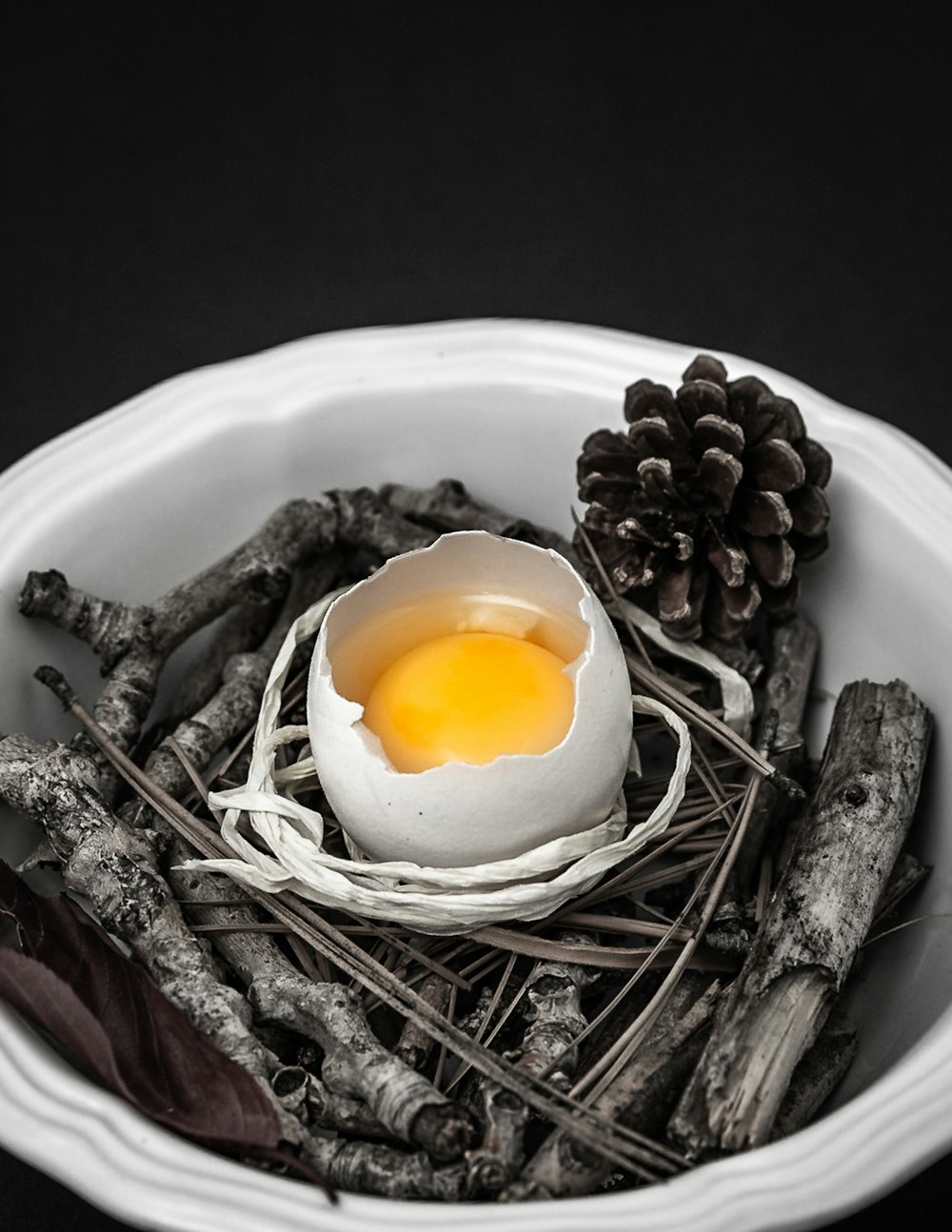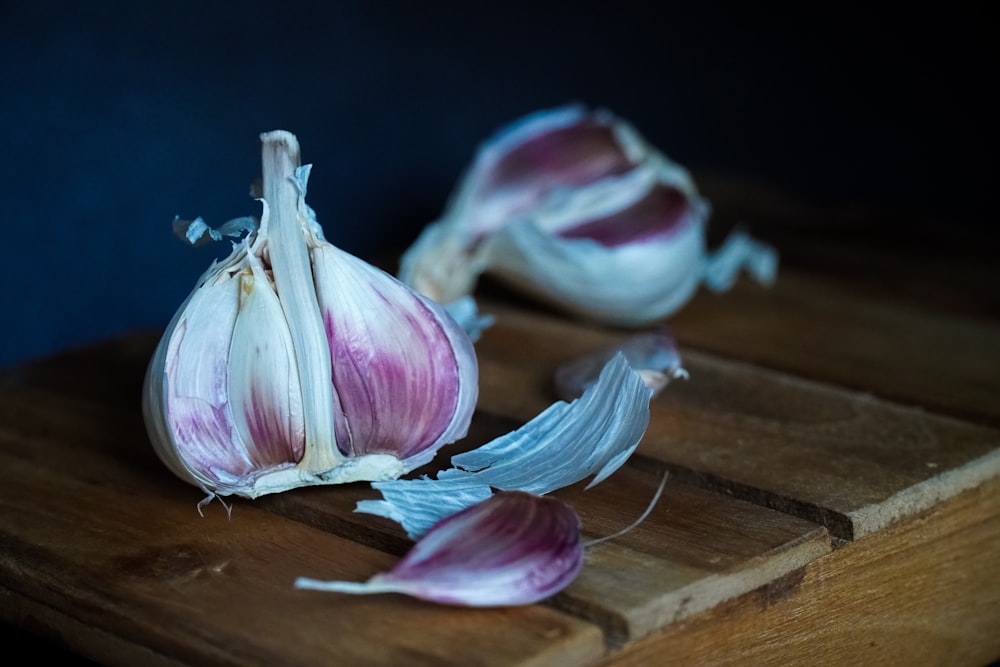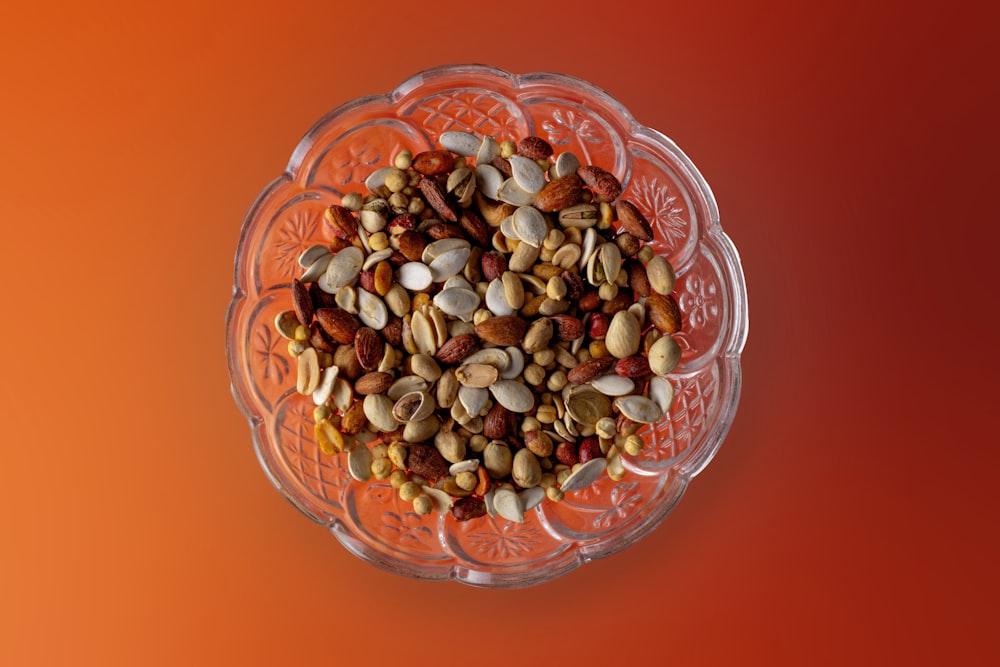
It is a fact that we lose collagen as we age. It is also a fact that our bodies can't produce enough collagen to reverse the process of ageing. That's where supplements come into play. This blog post will discuss how collagen supplements work and what they do for your skin, hair, nails, joints, and so much more!
Do you want to learn more about the science behind how these dietary supplements work? Keep reading!
What is collagen?
Collagen is a naturally occurring substance that occurs in the body, covering joints and skin, giving them flexibility and elasticity. It also gives our body strength and structure with a lot of benefits. It assists in absorbing liquid for your skin, allowing it to be supple and moisturized.

Not only can collagen help your skin look fuller, but it also helps to make the skin appear more youthful. Collagen is a huge part of our hair and nail growth cycles as well — the more substantial your collagen supply, the stronger your nails will be and thicker your hair will grow.
Collagen and its relation to protein
Many ask how collagen is related to protein. It is not surprising as collagen is a type of protein consisting of up to thirty percent of the total body's proteins. In fact, its important predominance makes it the single most abundant protein at present in the animal kingdom. At least 16 types of collagen are known in the human body, about 80 - 90% of which are called type I, II and III.
Types of collagen and where they come from

Collagen is a type of protein that can be found in some foods and supplements as well. There are various forms of collagen: type I, type II, type III, & Type IV collagen.
Type I
Type 1 collagen provides the structure for your skin, and it is responsible for 90% of the protein in your body.
Type II
Type 2 is found in elastic cartilage such as the joints. It plays a crucial role in maintaining joint mobility and health.
Type III
Type 3 can be found in muscle tissues, organs, and skin.
Type IV
Type 4 lives deep within the body as parts of the basement membrane, like organ walls.
Best Sources of Collagen
But where can one find collagen sources? What food contains nutrients that will help boost collagen production?
One can start by eating foods rich in proteins such as egg whites, fish and turkey. Collagen is not only present in meat and poultry but also in plant products.
Beans
Beans are known to be a good source of protein and carbohydrates; hence they will help your body grow taller, stronger, and healthier overall.
Broccoli
Broccoli and other vegetables such as asparagus, green beans, and carrots are also good sources of collagen.
Low in calories and high in nutrients, these vegetables help improve the skin's elasticity without adding a lot of weight to the body as fats do.
Chicken
Everyone's go-to white meat also contains plenty of collagen.
The collagen found in chicken cartilage is a naturally occurring protein that contributes to tough skin, hair, nails, and other tissues.
Citrus fruits
Vitamin C plays a central role in the production of pro-collagen, which is the precursor to collagen. Thus, it is important to get enough vitamin C.
Some of the best sources of collagen are fruits like oranges, grapefruits, lemons, limes and other citrus plants.
Egg whites
Eggs are often touted for their high amount of protein, but it's the amino acids proline and hydroxyproline in egg whites that help boost collagen production.
Garlic
Garlic is not only helpful for adding flavour to your dishes, but it also increases collagen production in the body.
It is also high in sulfur, a trace mineral that helps metabolize and prevent collagen breakdown.
Fish
Foods such as fish and seafood are also high in proteins that contain collagen.
For example, salmon, tuna, and cod have a lot of dietary collagen content.
Lean meat
Lean meat such as beef, lamb, and pork are all excellent sources of collagen.
Whenever possible, choose grass-fed varieties since they are generally lower in fats and higher in nutrients than conventionally raised meats.
Lentils
For a vegetarian option, lentils contain fibre that helps keep you feeling fuller longer and can reduce cravings for sugary snacks on top of boosting collagen production in the body.
Nuts
If you do not have gouty arthritis, nuts are the go-to snacks for collagen production.
Almonds, in particular, are rich in collagen, calcium, and vitamin E, which is a powerful antioxidant that can improve collagen production.
Turkey
Turkey is also packed with collagen. It is a great lean source of protein and can keep you feeling fuller longer.
Why do we need more collagen?
As we get older, our bodies produce less collagen, which is why wrinkles and joint pains start to form. It's not just about looking young, but also about having strong joints! Collagen provides the structure for bone joints which is why many people turn to dietary supplements.
The significance of collagen in the human body

There are numerous health benefits you could experience through using collagen supplements. The common ones you hear about relate to anti-ageing; reducing wrinkles, increasing nail growth, improving joint pains, strengthening bones, and boosting hair look.
Studies also say that taking supplements can help improve your skin quality, hair growth as well as helps reduce pain from arthritis. Not only is it beneficial for improving your look, but including it in your diet has numerous health benefits such as: reducing inflammation, tenderness and
Who can benefit the most from taking a supplement
You can benefit from taking a collagen supplement if you:
- are not consuming enough foods high in proteins
We get collagen from eating protein-rich food and drinks. For instance, the most common sources are meat, fish, poultry and milk. If you don't consume enough of these foods or beverages, then the chances are that you may need to take a supplement. As we age, our body naturally slows down collagen production because new collagen cells replaced them. So taking supplements can help improve not only your skin, but also hair growth and joint pains, for example.
- want to look younger
People who want to look younger than their age or improve skin elasticity and keep it young looking often turn to collagen supplementation.

It is not unusual as collagen production becomes slower than collagen loss as we age. So, in order to replace our body's collagen stores, one can take supplements besides eating protein-rich foods.
- experience joint pains
People who experience joint pains, especially in hands and knees due to ageing or simple activities, may need collagen supplements.
- have nutritional deficiencies
If you are lacking in vitamin C, vitamin E and trace minerals such as iron, zinc and copper. Being deficient in these nutrients may cause skin problems, including scaly or flaking and cracking skin, rashes, wounds that don't heal easily, and even hair loss. If you are experiencing some or all of these symptoms, it is best to get your body checked by your doctor first before starting on supplements. This is because everyone's body has different requirements for protein intake, so it is recommended to get tested for this deficiency before beginning supplementation. Excess amino acids (certain types) may cause ill effects. It may cause gastrointestinal distress like diarrhea, abdominal pain, and bloating.
- experience thinning of hair
People with thinning hair, who wants to grow more hair on their head may benefit from taking collagen supplements.

Although, be aware that there are many reasons why someone may not be able to grow more hair. For instance, one could have low levels of certain vitamins or nutrients, have vitamin D deficiency, be stressed out or even have poor scalp health, which can all contribute to thinning hair. Some people do not eat enough protein in their diet, while others have a blood deficiency with iron.
Therefore, while collagen supplements can try to keep the hair healthy, other factors may hinder them from doing so.
Kolla Code Collagen Supplement
Kolla Code Collagen is a supplement that contains type 1 Marine Collagen while at the same time delivering other ingredients to enhance your skin's elasticity, smoothness, healthy appearance, and ability to maintain strength. With added Acerola Cherry Extract, Bamboo Extract, and 'Horsetail' Extract for faster collagen production!
This unique blend of marine collagen peptides can help reduce wrinkles on the face by preventing free radicals from destroying the collagen fibres in the skin. Other key ingredients like bamboo extract promote cellular renewal within the outer layer of skin cells, and horsetail extract strengthens hair follicles while reducing breakage.
Kolla Code Collagen works best if taken while following other healthy habits to preserve youth. Remember always to drink lots of water, eat healthy food with plenty of vitamins such as fruits and vegetables, exercise daily, among others.
Benefits of Collagen Supplementation
We all know that we need to supplement our diet with vitamins and minerals. Collagen is not an exemption to that. Because we can't produce it fast enough to replace what we lose from day-to-day wear and tear on our cells, we need to consume more.
With enough collagen in the body, either from diet or supplementation, we can reap tremendous benefits. Some of the benefits we get from collagen include:
Collagen helps maintain the skin's elasticity
As we have mentioned earlier, collagen is responsible for keeping the skin young looking and healthy. It helps keep the skin well moisturized and supple, thereby delaying the onset of dryness and wrinkles. Because it is made up of amino acids that are very similar to those found in hair, nails, and ligaments, it can also be effective in preventing split ends and brittle hair.
Collagen can help boost the production of antibodies
Collagen also plays a major role in immune health. According to studies, not only does collagen help boost our immune system but also in reducing inflammation. This could make collagen one of your most important allies when you're fighting off any colds or other viruses going around. One reason for this is because there are natural compounds found in collagen that are similar to the body's own inflammatory-reducing compounds.
Collagen can help heal various types of wounds, which may reduce scarring
Research has proven that collagen can help promote wound healing and avoid tissue scarring. Other studies even indicated that collagen supplementation have helped patients suffering from burns and wounds caused by surgery.
Collagen may lower our risk of cardiovascular diseases
Studies say that collagen can help lower cholesterol levels by increasing the amount of HDL, the "good cholesterol". Collagen can also help lower blood pressure by controlling our sensitivity to angiotensin II (a peptide hormone which makes our blood vessels constrict, making it harder for the heart to pump blood), thereby reducing how much angiotensin II is produced.
When the body is less sensitive to angiotensin II, it can relax blood vessels, making it easier for the heart to pump blood through them. This was shown in a study where participants were given either fish protein (which is rich in collagen) or whey protein (which is rich in the branched-chain amino acid leucine and arginine). The people who got the fish protein had reduced levels of angiotensin II, which improved their blood flow.

Another study stated that eating foods with high content of collagen will increase our intake of amino acids arginine and glycine, which can potentially reduce our risk for cardiovascular diseases by protecting against oxidative stress. Oxidative stress is when there are harmful byproducts from our normal metabolism that "oxidize" (or damage) myelin, the fatty covers on nerve cells.
Collagen may help relieve pain from arthritis and osteoporosis
Collagen can aid in dealing with arthritis and osteoporosis pain. It is because collagen strengthens and builds bones.
Hence, those who are suffering from severe joint or bone pains can consult their doctors for administration of collagen supplements to relieve the pain.
In addition, the intake of more protein might be beneficial in bone health by improving muscle strength as well as hormone balance that helps support your skeleton.
Since osteoporosis is a disease where bones become weak due to its thinning out, taking collagen supplement might help reduce this condition as they work together with your body for better results.
Collagen supplements also aid in supporting healthy muscle growth and maintenance which aids in weight loss process while doing exercise routine. With that said, taking more proteins will give you larger muscles without getting bulkier.
Collagen can help to build strong bones and teeth
In addition to helping with arthritis and osteoporosis pain, collagen can help keep the bone healthy. It absorbs minerals like calcium to help your bones become stronger when you consume foods rich in collagen.

Although some people might argue that taking supplements is not as good as getting nutrients from food itself, the advantages of using the protein supplement after exercise will surely outweigh any differences. When muscles are damaged from workouts, collagen helps in repairing worn out tissue and replacing them with new tissues which results in better muscle growth than before.
Collagen can aid in controlling glucose levels
Collagen can even help people with type 2 diabetes mellitus to control their glucose levels. The protein is said to stabilize blood sugar levels as it acts as a prebiotic that helps regulate insulin.
Boost your health and beauty routine with collagen supplements
Collagen supplements are a popular way to boost your health and beauty routine. The science behind how these supplements work is complex. Still, the gist of it is this - collagen can help reduce wrinkles or increase skin elasticity by providing nutrients that make up our connective tissues (skin, hair, joints). If you're considering trying out a supplement for yourself, talk to your doctor about taking them first. They may be able to provide insight into potential risks associated with certain ingredients in collagen supplements.




